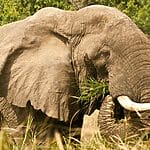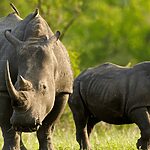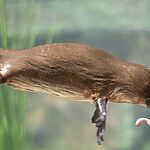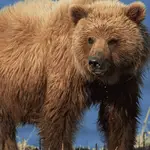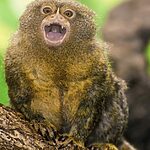Hardworking animals exemplify a remarkable work ethic in the wild, showcasing dedication to survival and thriving ecosystems. Bees tirelessly pollinate, ensuring floral reproduction, while ants exhibit teamwork in nest construction. Elephants, renowned for their intelligence, engage in cooperative activities, reflecting a strong sense of responsibility within the herd.
Wolves tirelessly hunt to sustain their packs, emphasizing the crucial link between effort and sustenance. In the animal kingdom, work ethic is vital for species preservation, resource acquisition, and overall ecological balance. The diligence and cooperation observed among hardworking animals underscore the importance of individual contributions to the collective well-being of their communities.
The Dedicated Seven: Nature’s Hardest Workers
1 – The Industrious Ants
Ant colonies embody unparalleled teamwork and diligence, operating as intricate societies with specialized roles. Worker ants tirelessly forage for food, utilizing pheromone trails to communicate efficient routes. Builders meticulously construct and maintain nests, demonstrating architectural prowess. Soldiers defend the colony against threats, displaying bravery and coordination in battles.
The queen, central to reproduction, oversees the colony’s growth. Each ant role intertwines seamlessly, emphasizing a collective work ethic vital for survival. Through intricate cooperation, ants exemplify a harmonious division of labor, ensuring the prosperity and resilience of their colonies in the face of diverse challenges.
2 – The Diligent Beaver
Beavers, renowned builders in the animal kingdom, exhibit exceptional construction skills and an unwavering work ethic. Using their sharp teeth and dexterous paws, they create intricate dams by weaving together sticks, mud, and stones. These dams serve a crucial ecological role by transforming landscapes, creating wetlands, and regulating water flow.
The beavers’ industrious efforts not only provide shelter and protection but also foster biodiversity. Their dams act as natural water reservoirs, influencing vegetation and attracting diverse wildlife. Through their tireless construction, beavers exemplify a remarkable work ethic, reshaping environments and contributing to the intricate tapestry of ecosystems.
3 – The Meticulous Honey Bee
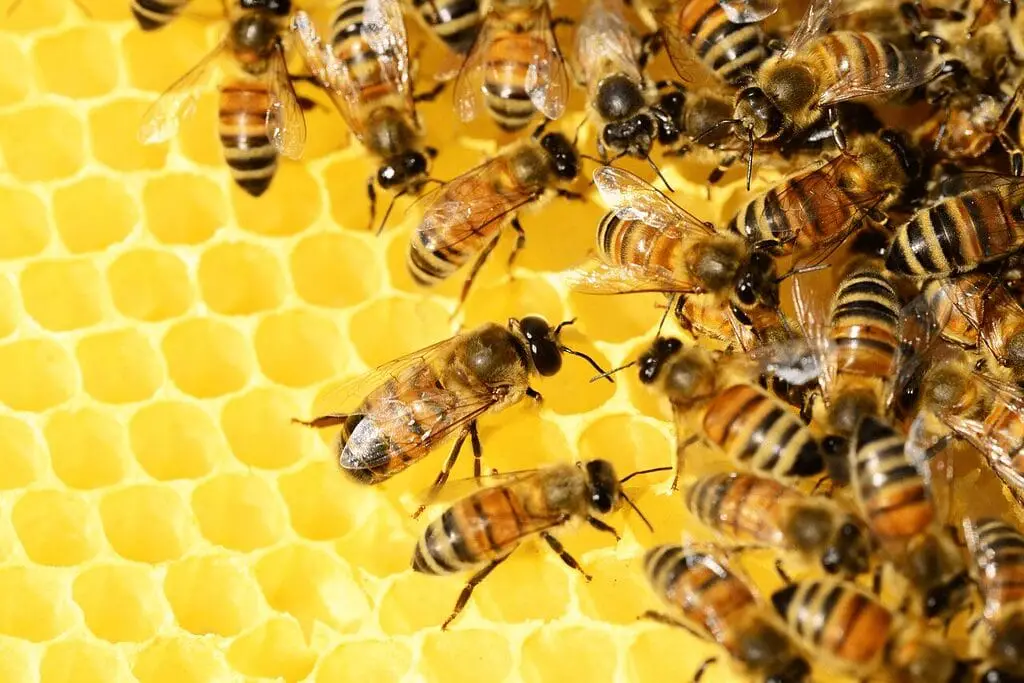
Honey bees showcase remarkable precision in hive construction, crafting hexagonal cells from beeswax to house their colony. Worker bees meticulously collaborate to build and maintain this complex structure, ensuring its stability and functionality. Beyond shelter, bees play a pivotal role in global ecosystems through pollination—essential for plant reproduction and agricultural yields.
Their diligent foraging and nectar collection contribute not only to honey production but also to the cross-pollination of countless plant species. The intricate work of honey bees in hive construction underscores their indispensable role in sustaining biodiversity, agricultural productivity, and the delicate balance of our natural world.
4 – The Persistent Beaver
Beavers display incredible construction skills and a steadfast work ethic. Using strong teeth and paws, they meticulously build dams across waterways. These structures transform landscapes, creating expansive wetlands that serve as vibrant ecosystems.
Beaver dams regulate water flow, preventing floods and replenishing aquifers. They also provide habitats for diverse flora and fauna, enhancing biodiversity. The industrious efforts of these keystone species exemplify the profound impact of their engineering prowess, shaping environments and fostering the resilience of ecosystems that rely on their innovative construction techniques.
5 – The Tenacious African Elephant
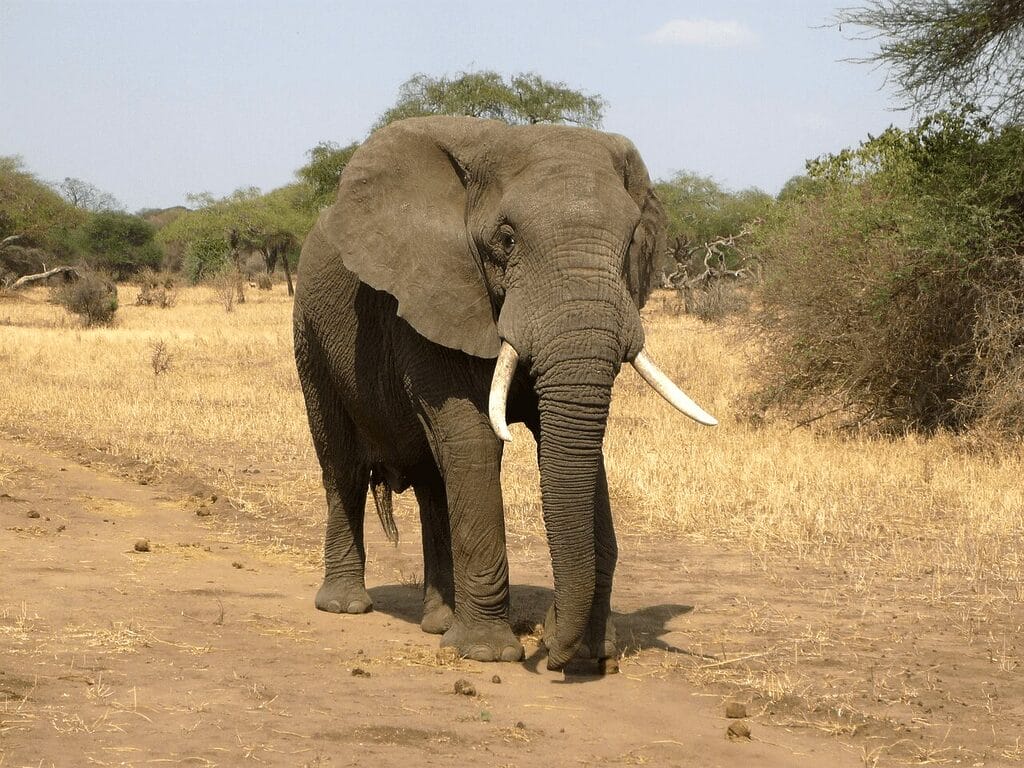
Elephant herds demonstrate cooperative and hardworking dynamics, emphasizing familial bonds and shared responsibilities. In foraging, older African elephants guide the group to vital food sources, showcasing experience-driven leadership. Parenting responsibilities extend beyond biological parents, with the entire herd participating in protecting and nurturing the young.
Their extensive memories aid in navigating harsh environments. Environmental impact is significant as elephants shape landscapes through their foraging and seed dispersal, influencing plant diversity. The cooperative ethos within elephant herds highlights a collective work ethic, demonstrating the importance of unity in addressing challenges and sustaining the ecological balance of their habitats.
6 – The Resourceful Leafcutter Ants
Leafcutter ant colonies exemplify specialized roles and remarkable resourcefulness in their complex societies. Worker ants diligently forage for fresh leaves, which they cut into manageable pieces and carry back to the nest. Within the nest, other ants cultivate fungus on these leaf fragments, forming a symbiotic relationship.
The fungus serves as their primary food source. The ants meticulously tend to the fungus, ensuring its health and preventing the growth of harmful pathogens. This agricultural practice, unique among insects, showcases the leafcutters’ sophisticated division of labor, adaptability, and sustainable food production, underscoring their evolutionary brilliance in maintaining colony prosperity.
7 – The Dedicated Worker Termites
Termite colonies exhibit industriousness through a highly organized division of labor. Worker termites, with strong jaws, collaborate to construct elaborate mounds from soil, saliva, and excrement. These mounds provide shelter and regulate temperature and humidity. Soldiers take on a protective role by defending the colony.
Termites’ foraging activities contribute to the decomposition of plant material, recycling nutrients into the ecosystem. The presence of symbiotic microorganisms in their guts aids in breaking down cellulose. Their industrious roles in mound construction, foraging, and plant material recycling highlight termites’ vital ecological contribution, shaping landscapes and facilitating nutrient cycling in diverse ecosystems.
The Significance of Hard Work in the Animal Kingdom

The Evolutionary Advantages of a Strong Work Ethic
Hard work among animals is pivotal for survival and adaptation, fostering resilience in diverse environments. The breadth of tasks performed by hardworking animals underscores their adaptive prowess. From foraging and nest building to defense and cooperative hunting, these tasks ensure sustenance, shelter, and protection.
Specialized roles within social structures, such as seen in ants or bees, demonstrate the efficiency of collective effort. Diligence in resource acquisition, like the construction of beaver dams or leafcutter ants’ agriculture, highlights adaptability to changing ecological conditions. Ultimately, the multifaceted endeavors of hardworking animals reflect the evolutionary success derived from their industrious contributions to their ecosystems.
- What Should I Do If A Koala Bites Me? Safety Guide - 2024-05-30
- Are Kangaroos Born Without Hind Legs? A Fascinating Journey - 2024-05-30
- Animals That Look Like Squirrels - 2024-05-30

